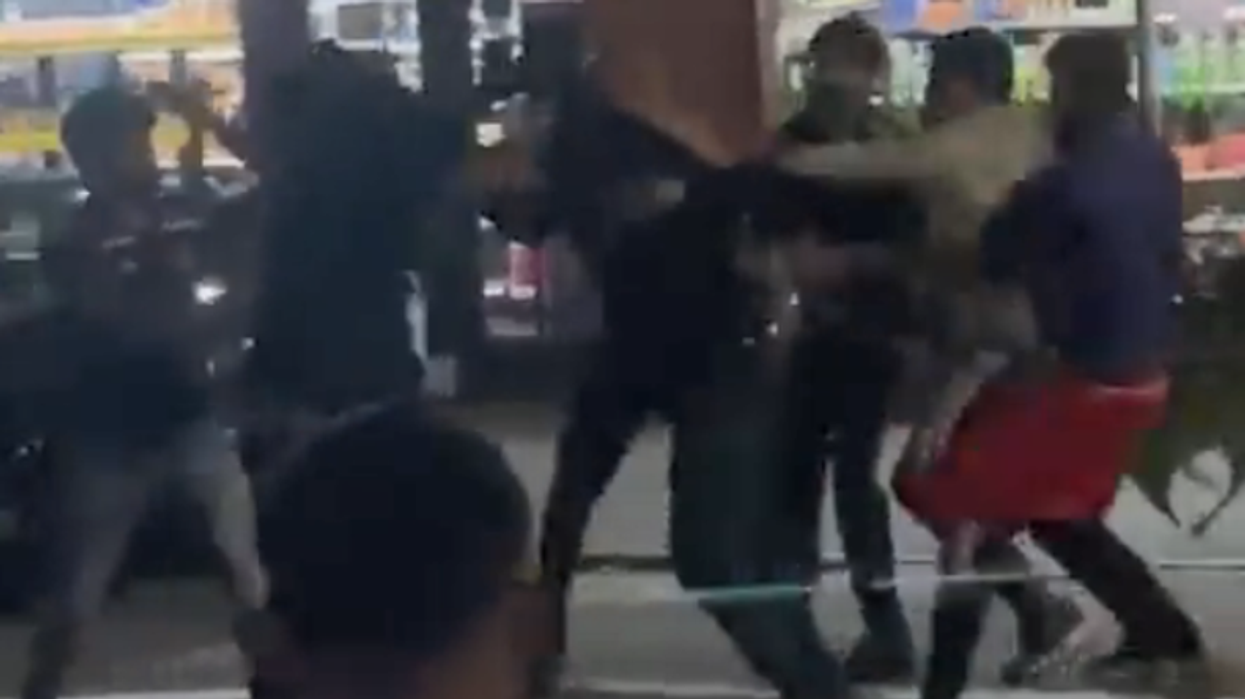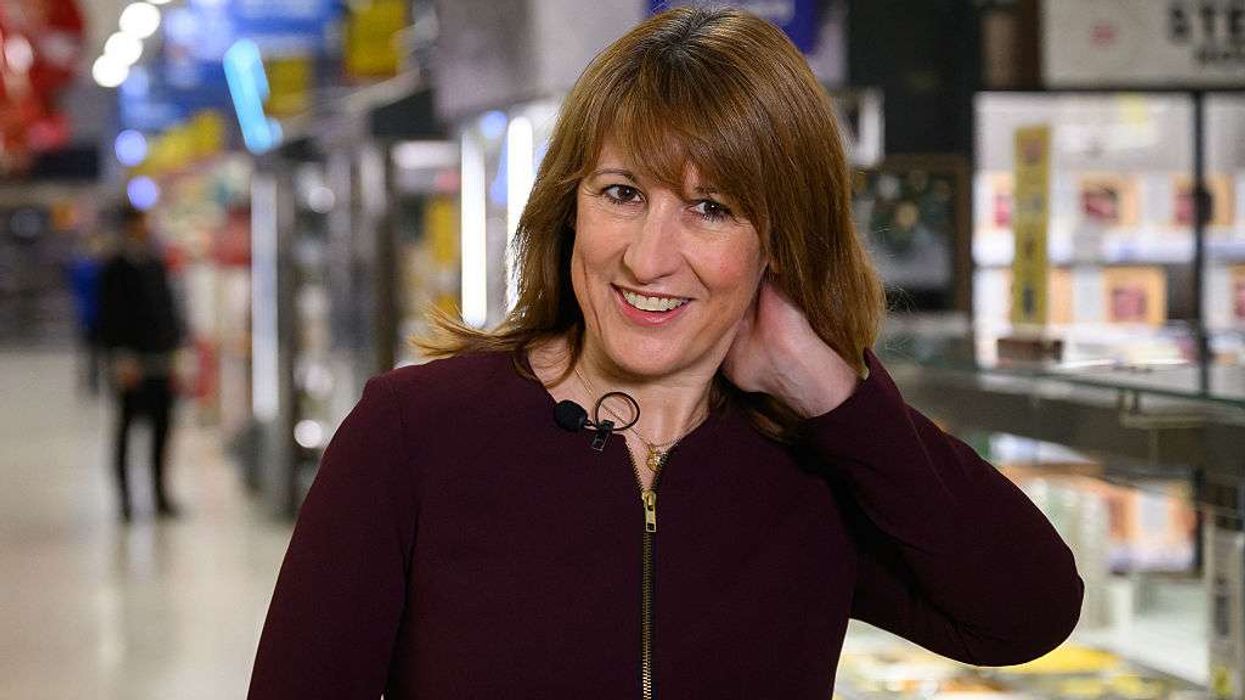Police have stepped up patrols in East Leicester amid continued tensions following ugly scenes of the celebrations of India’s win over Pakistan in a cricket match late last month.
Several reports of disturbance were made to the police who exercised dispersal and stop and search powers to prevent escalation of the situation. However, there was no case of significant injuries.
A video which went viral showed cricket fans apparently involved in a scuffle and chanting anti-Pakistan slogans in Leicester’s Belgrave area soon after India pipped their western neighbour in the August 28 T20 Asia Cup match in Dubai.
According to a News18 report, police identified five men associated with the incidents.
At least four people have been arrested for various suspected offences ranging from possessing weapons to drink-driving as the investigation into the unsavoury incidents continued.
More than 130 people were subjected to stop and search. The legal provision allows officers to stop and search anyone in a specific area without needing to have reasonable grounds.
Leicester Police said on Wednesday that officers would continue to carry out “proactive patrols” and investigators would speak with witnesses and make CCTV enquiries.
A peace meeting was also organised between faith communities to discuss the tensions between Hindus and Muslims, LeicesterLive said.
Temporary chief constable Rob Nixon said the force was working with local communities in its effort to restore peace.
“What I saw yesterday evening was a minority of people intent on causing some disturbance” and they persisted despite requests to the contrary, Nixon said, calling it “sad”.
“Now is a time for calm heads and measured words while the police continue to take action and carry out investigations,” the temporary chief constable said as he reiterated violence would not be tolerated.
He said the force was aware of speculation on social media and urged people not to get involved in it.
He also thanked those who used social media platforms to positive effects to bring calm.
“Leicester, as we know, is a harmonious and proudly diverse city and we all want to pull together,” Nixon said.













